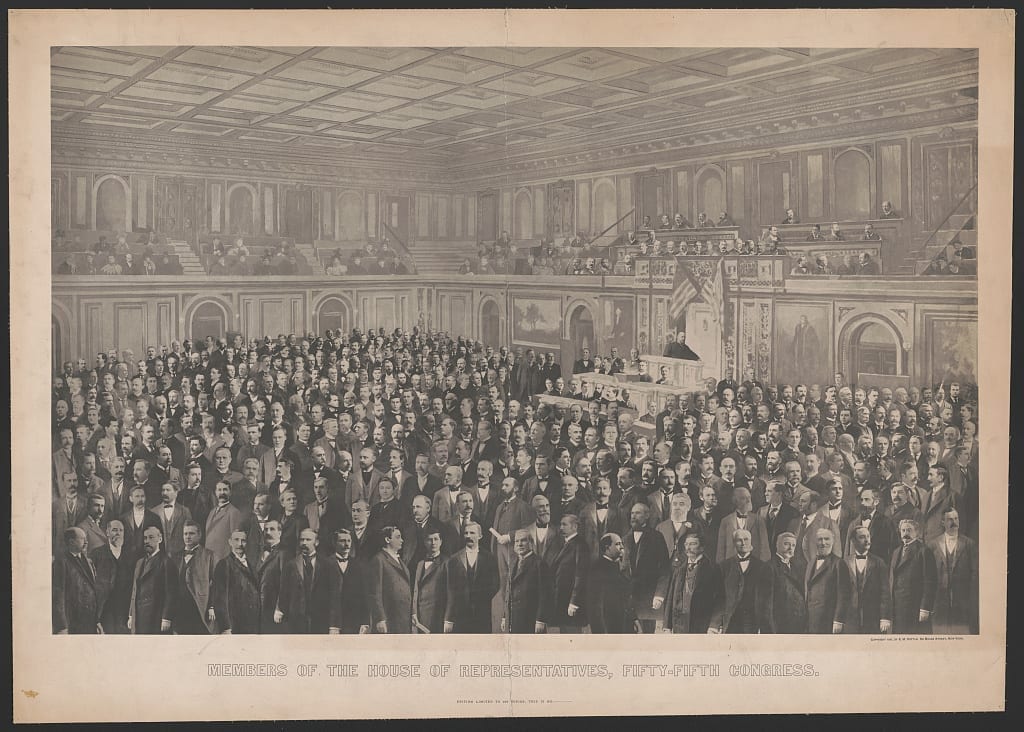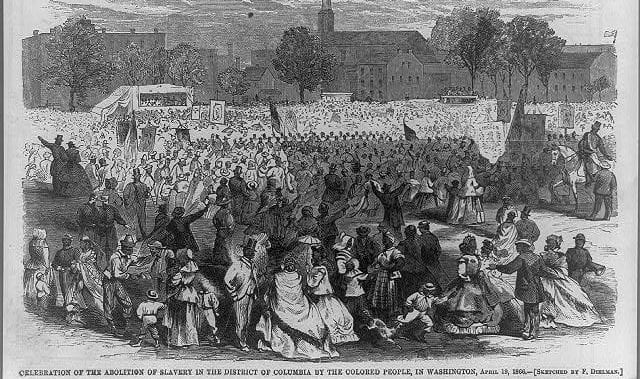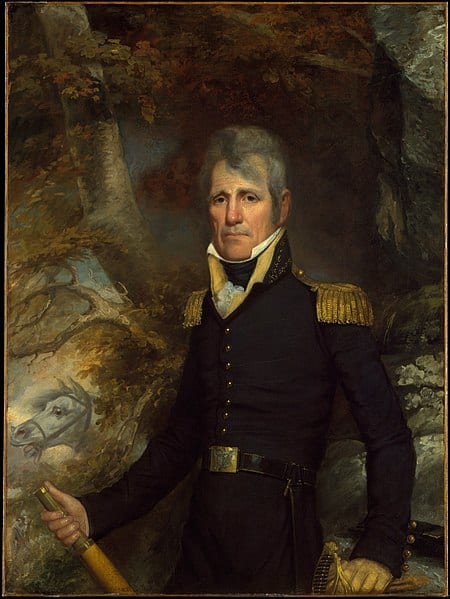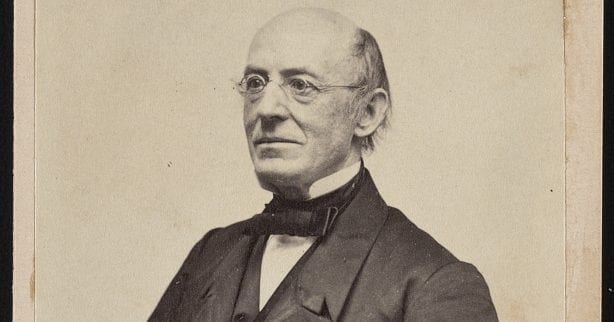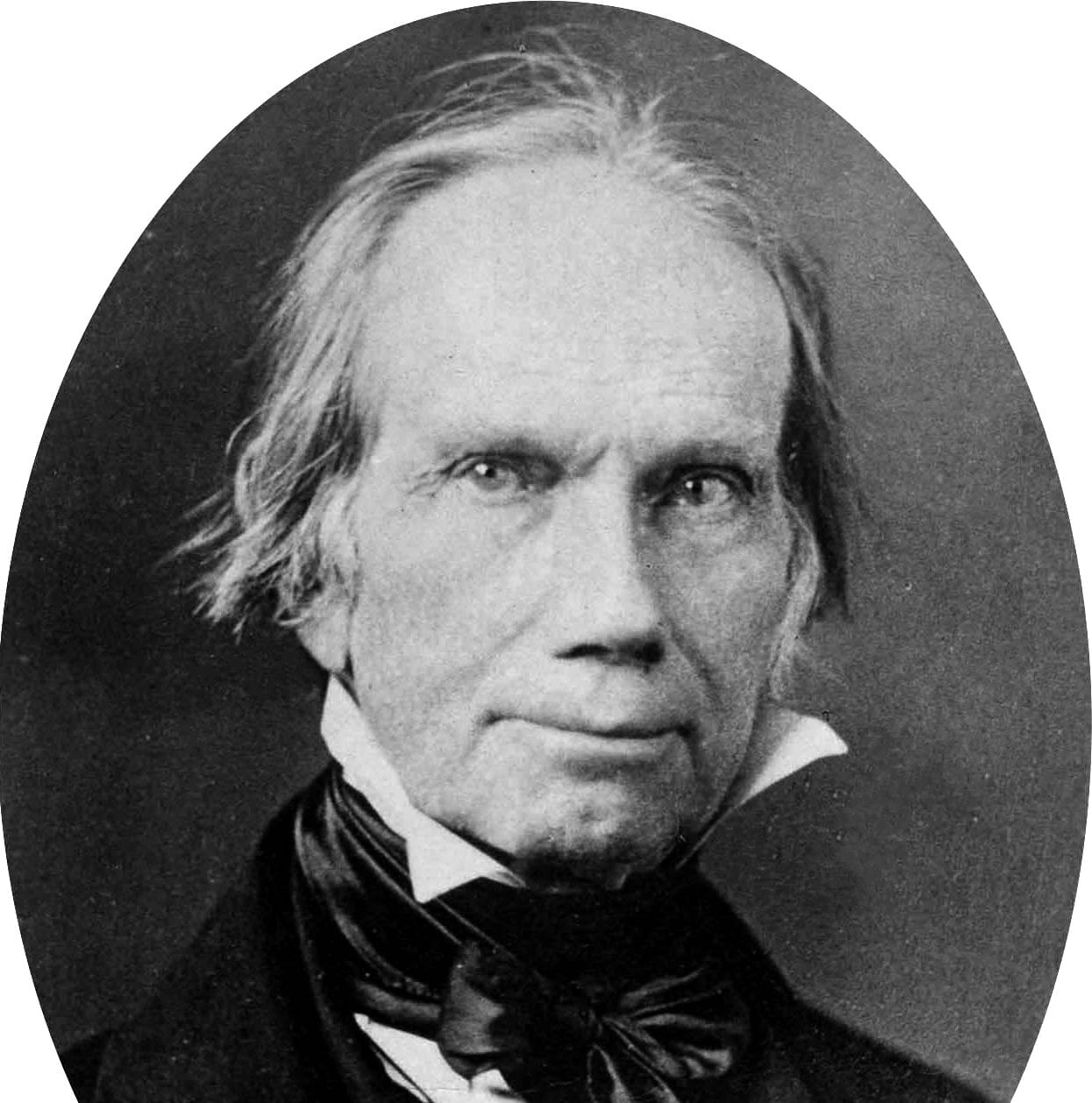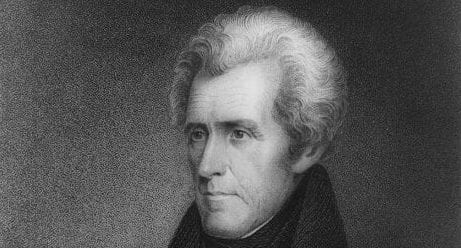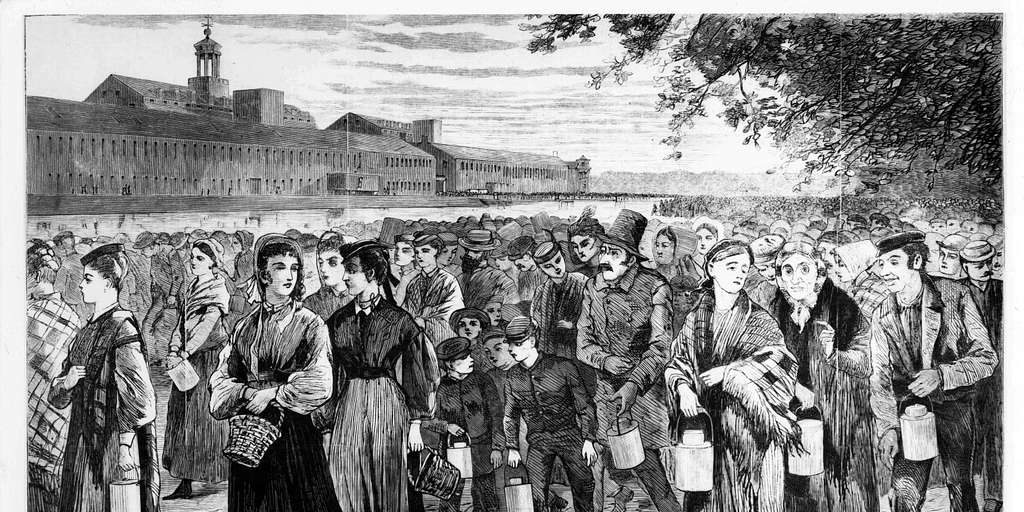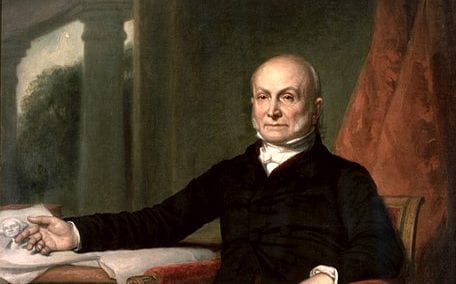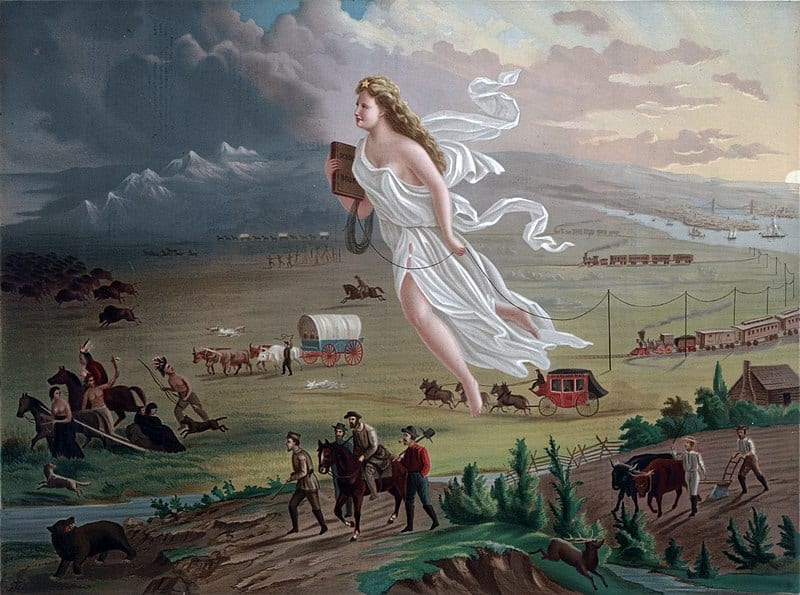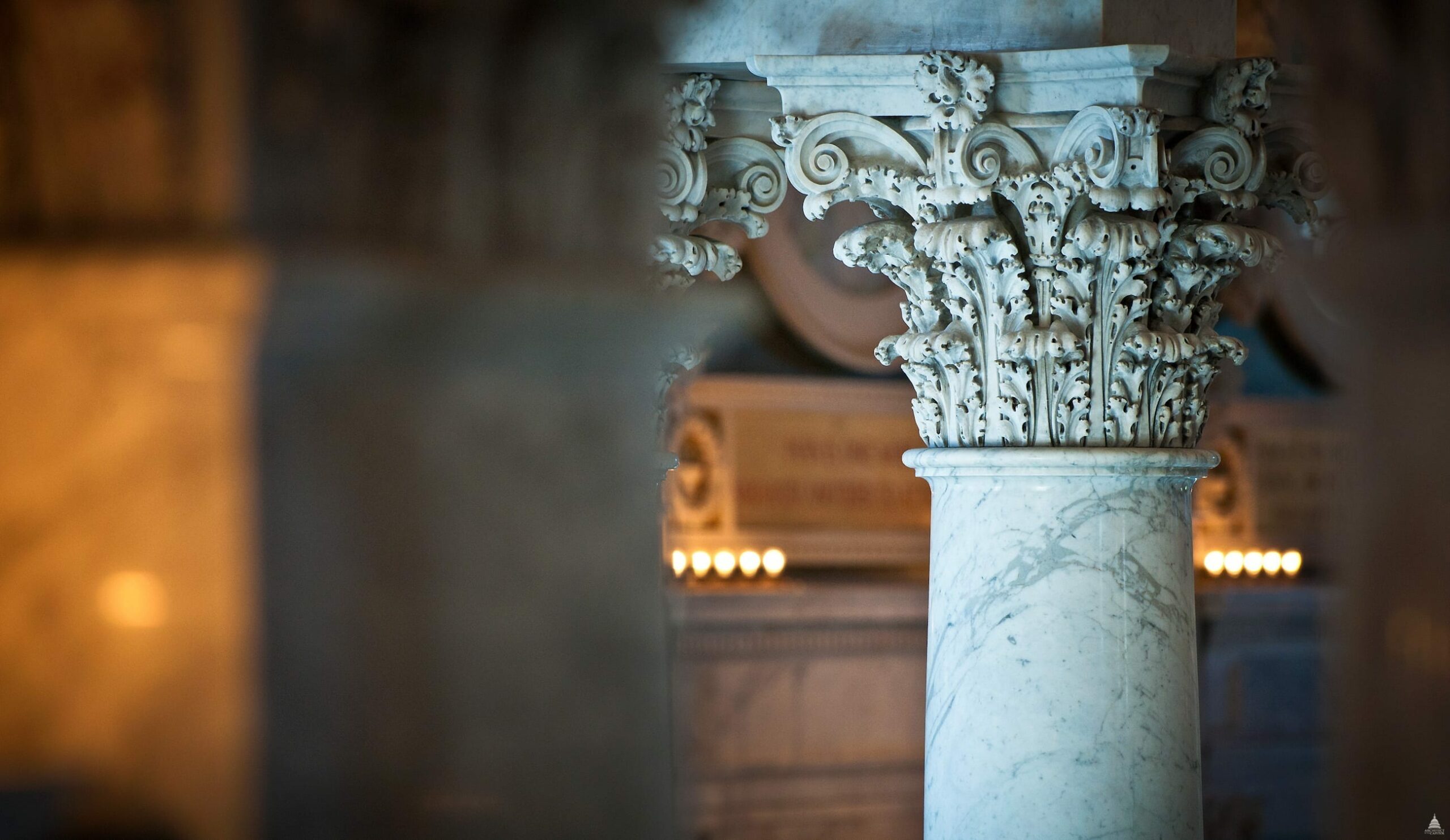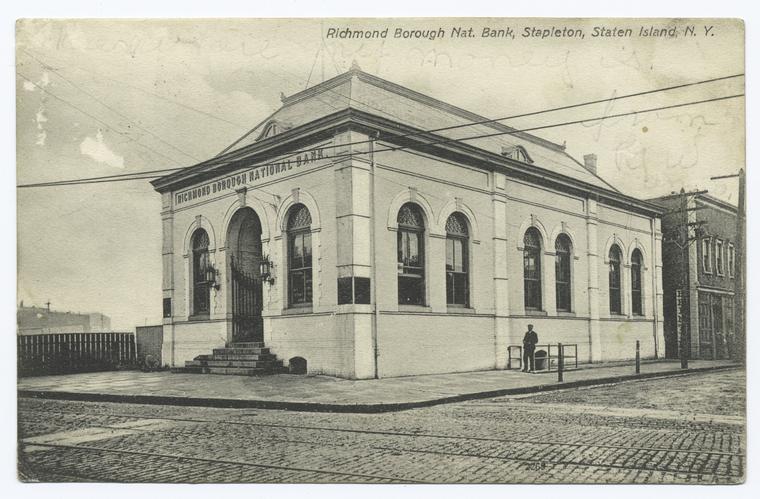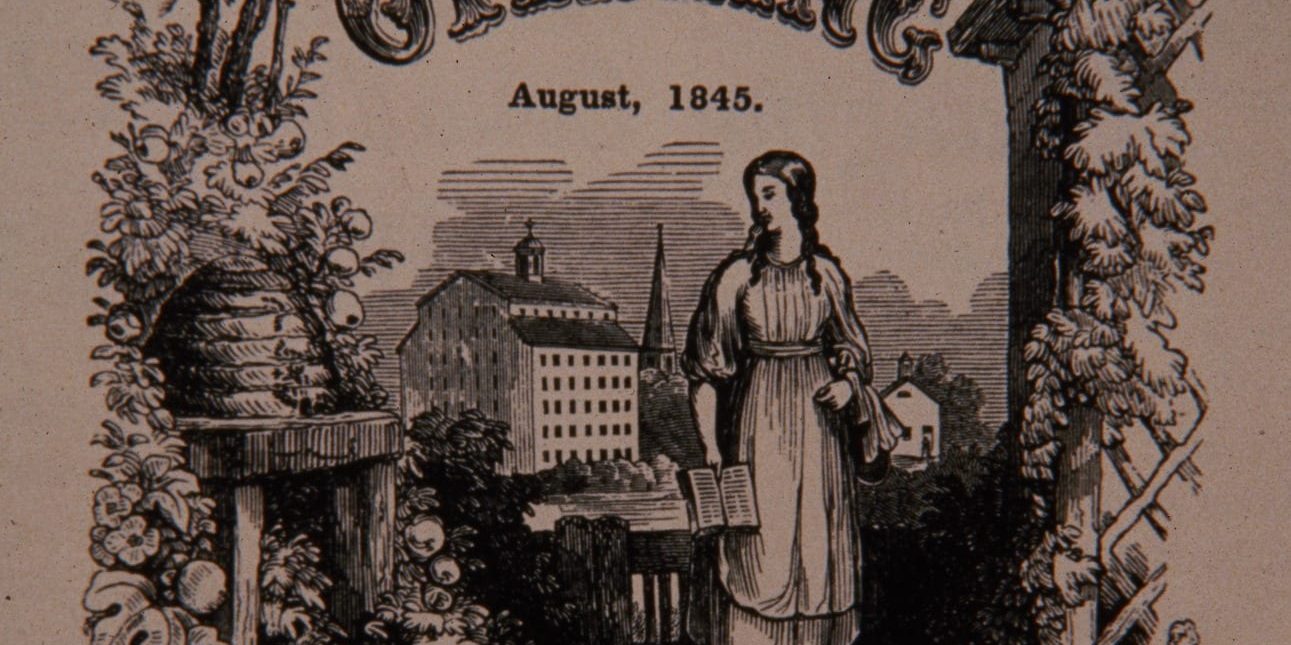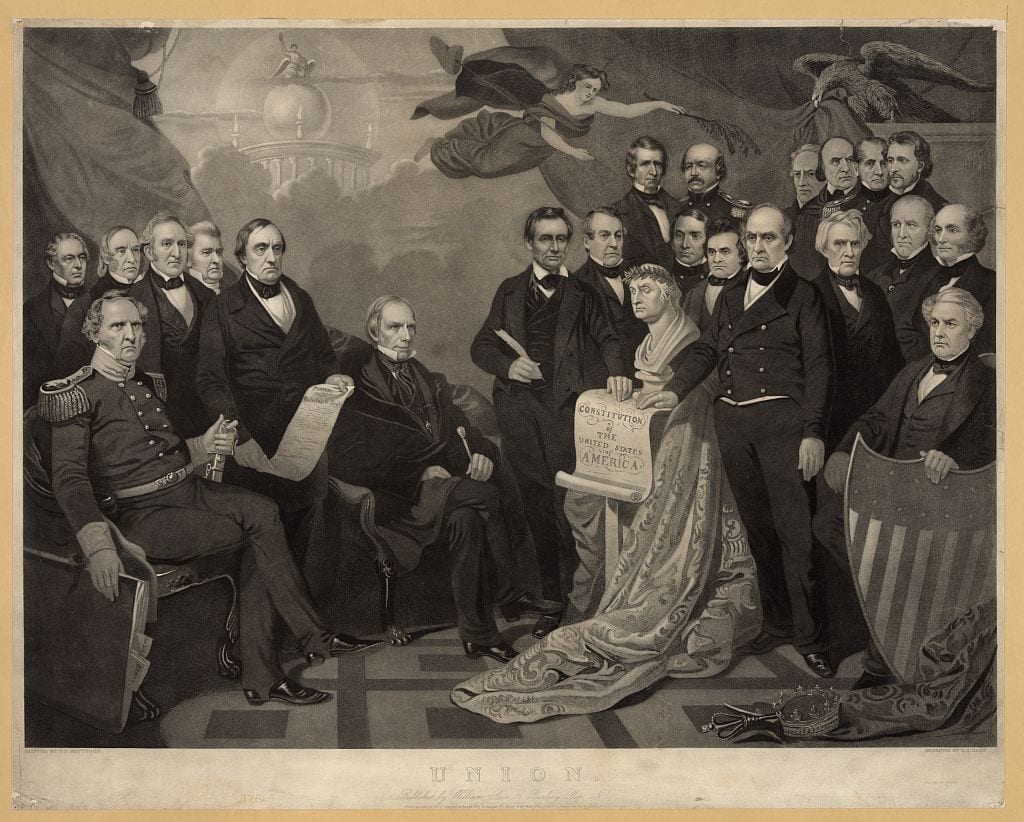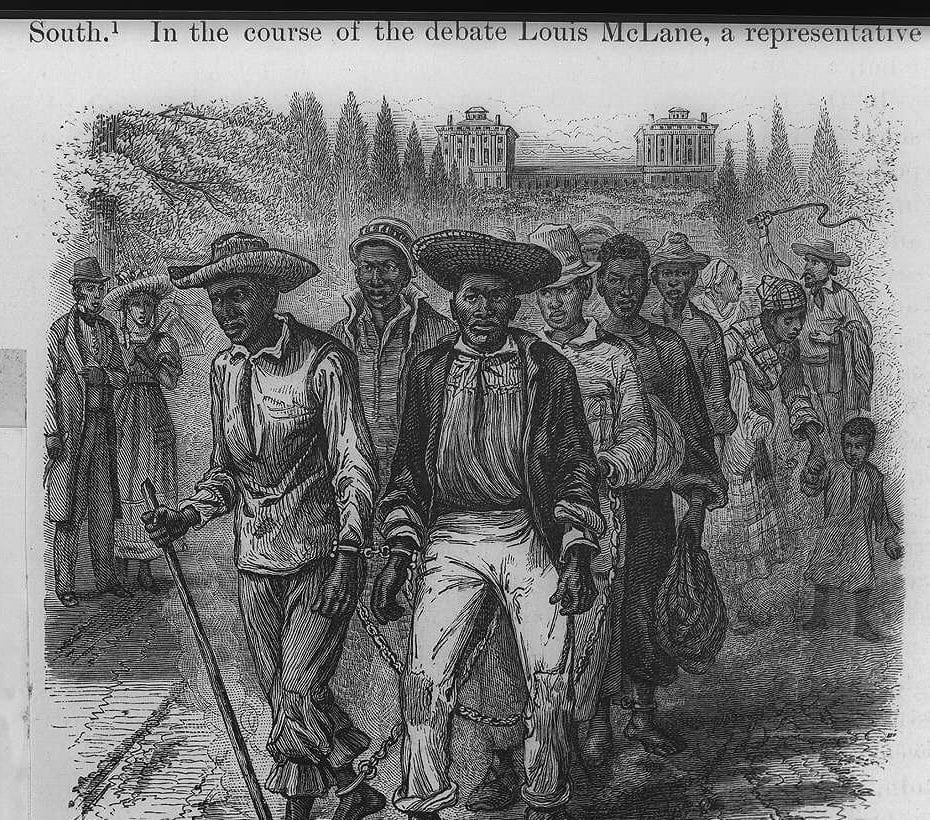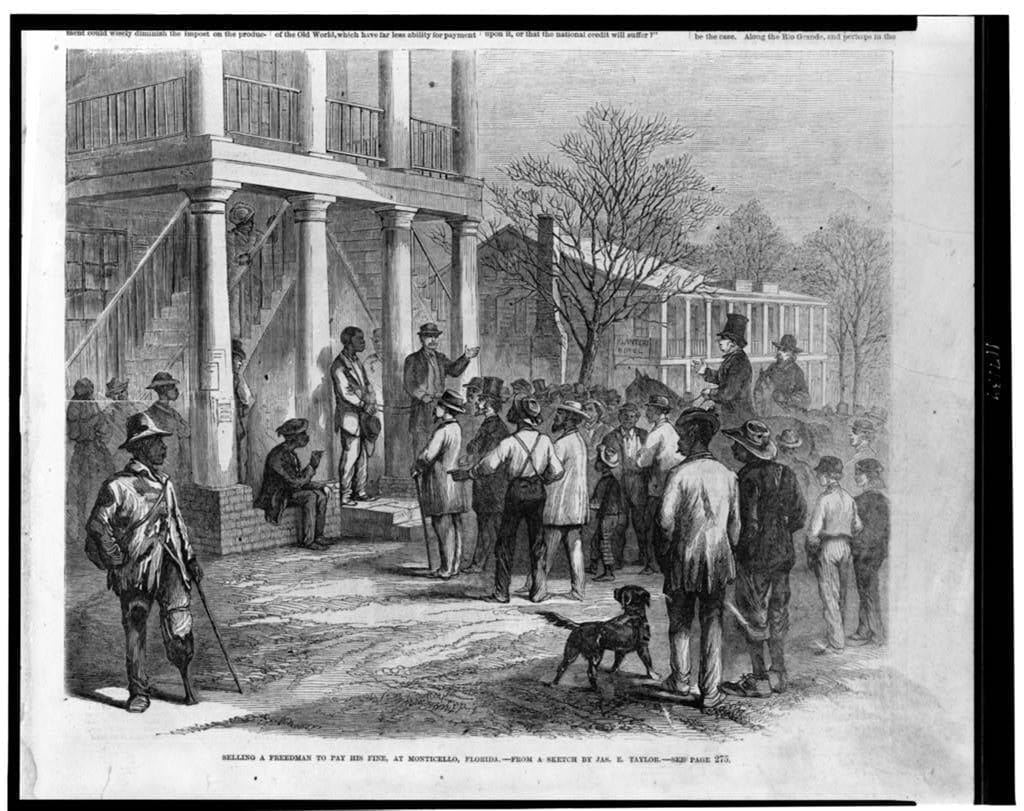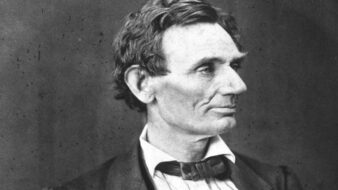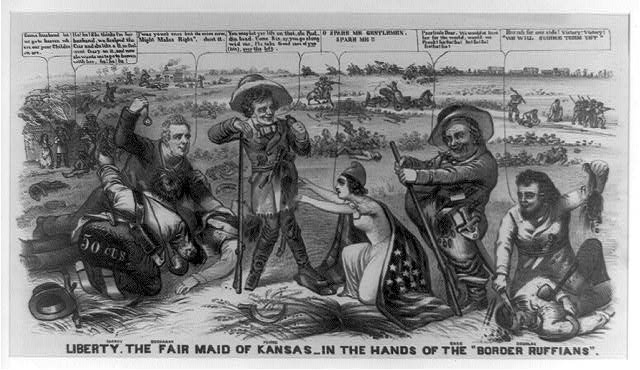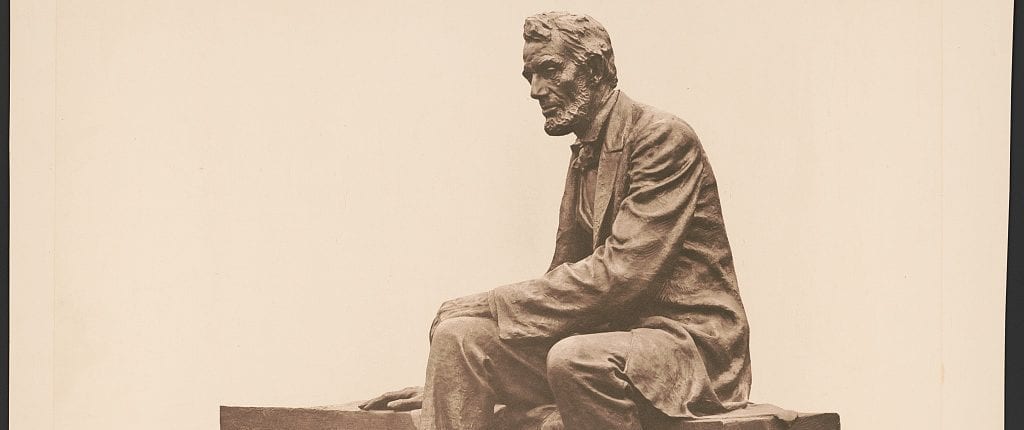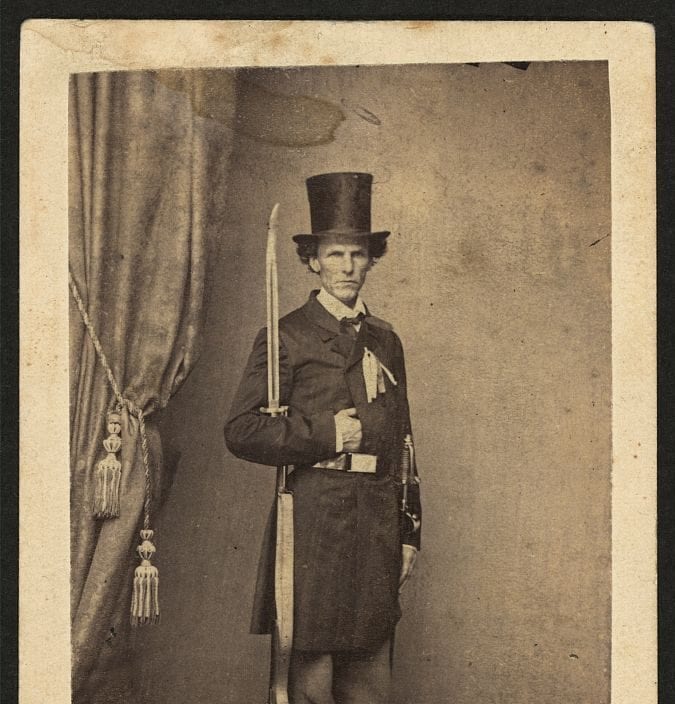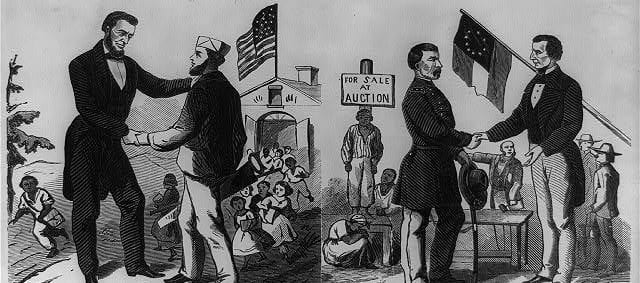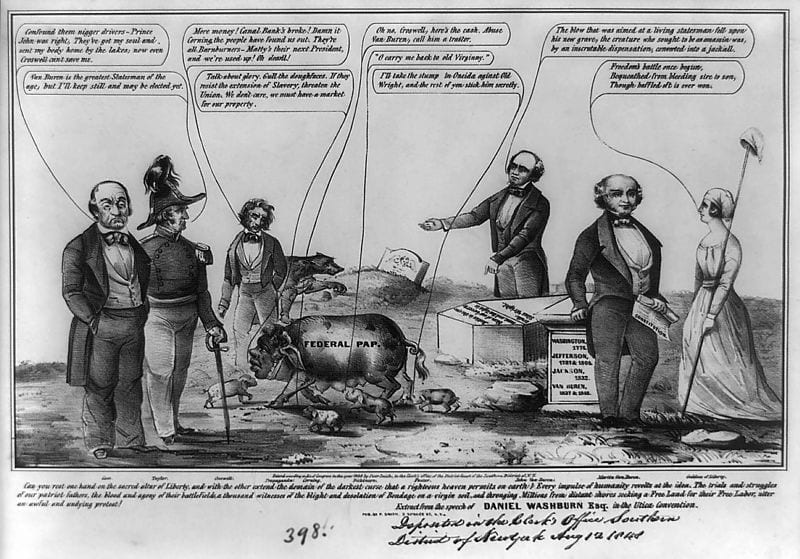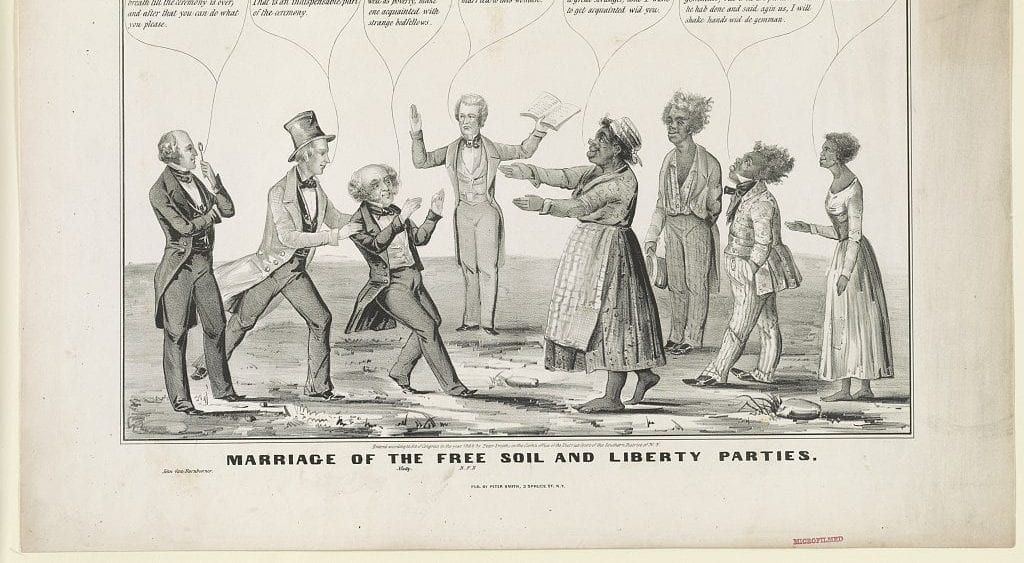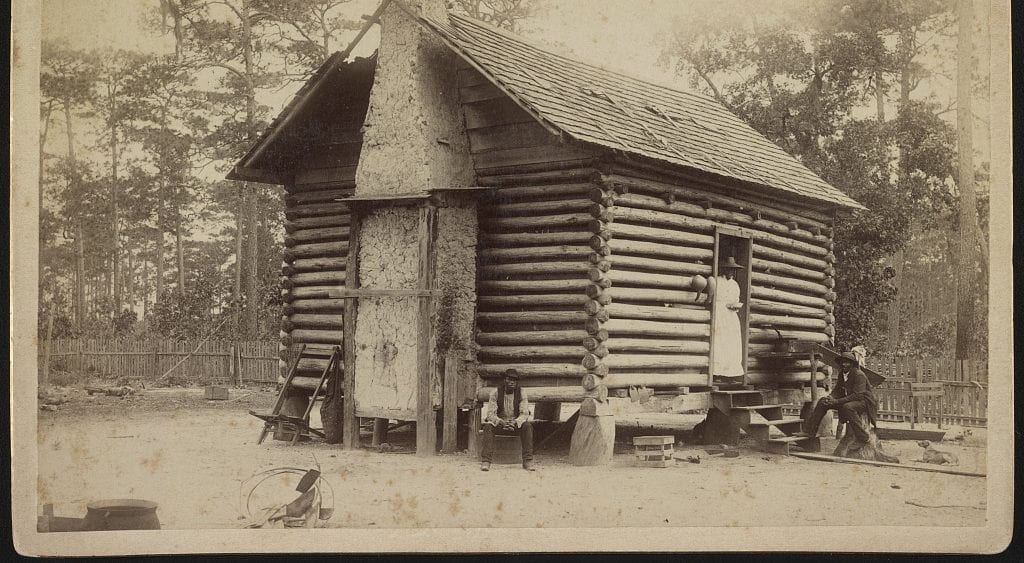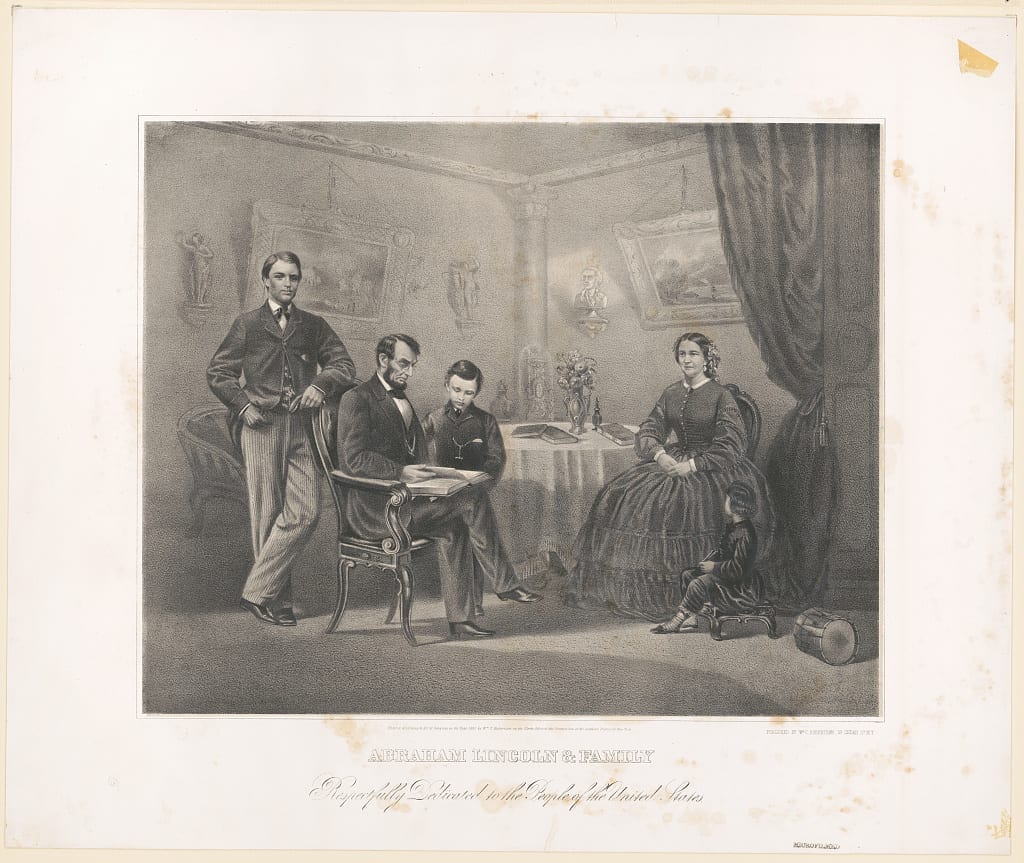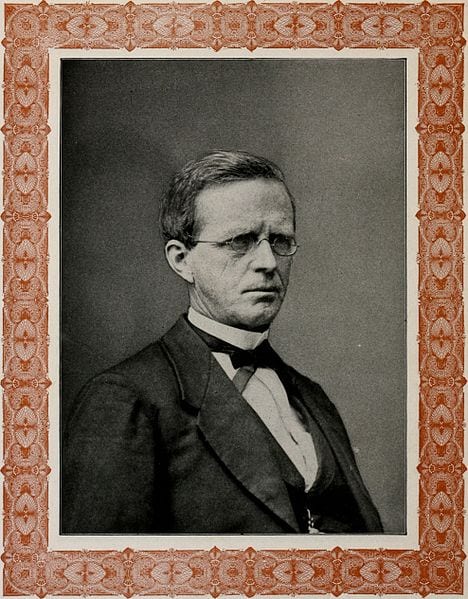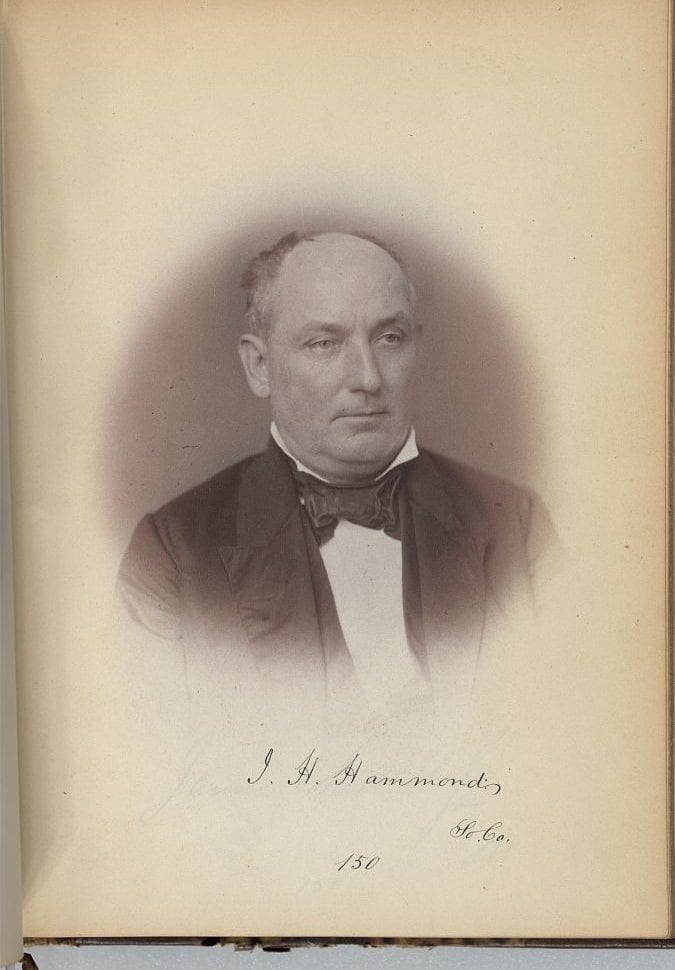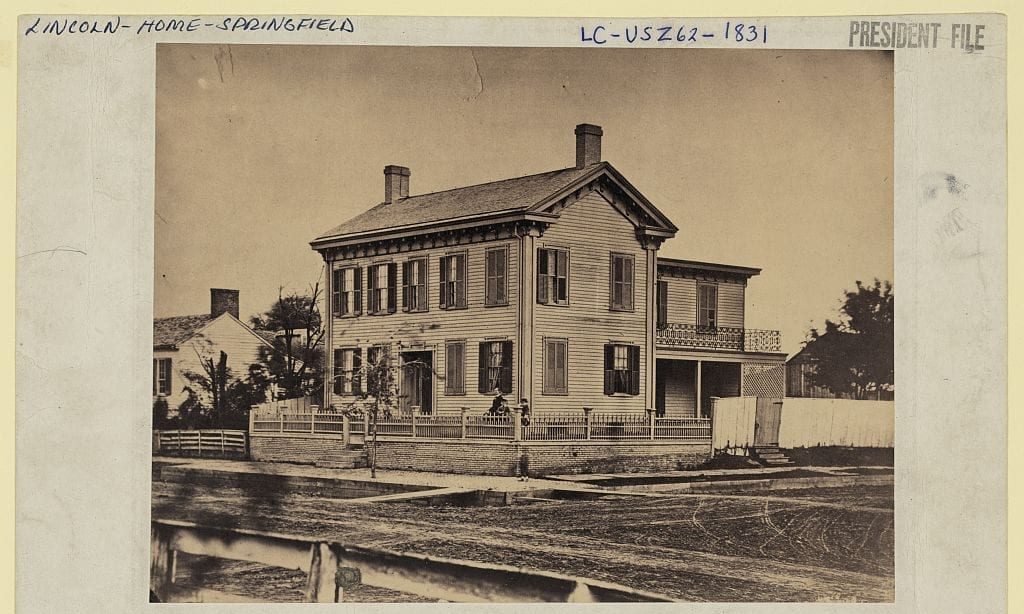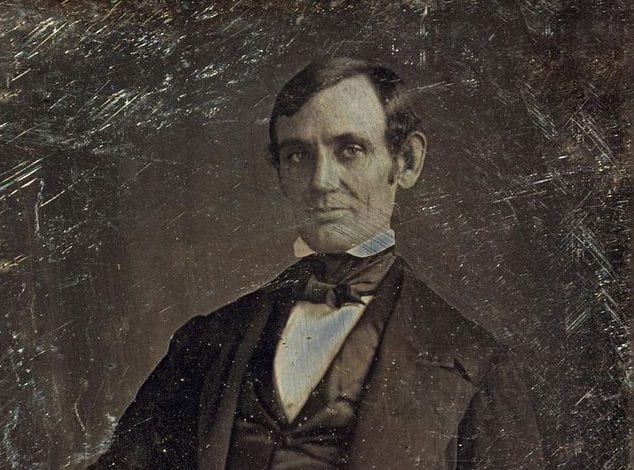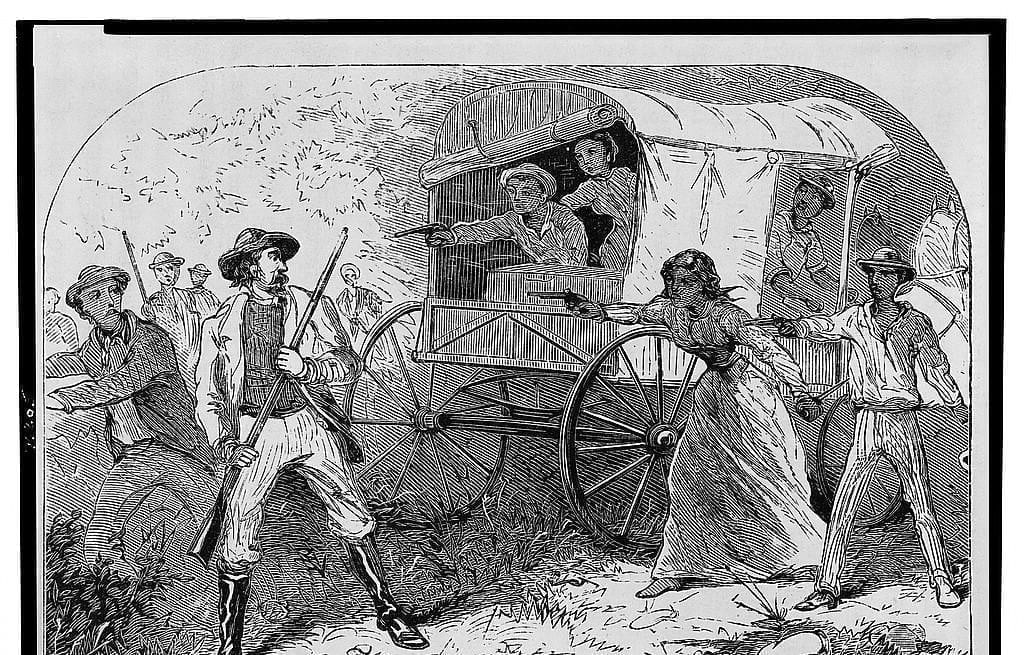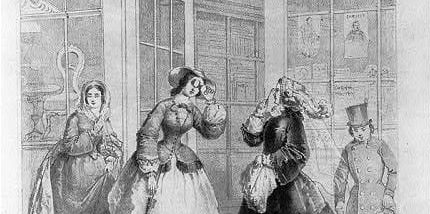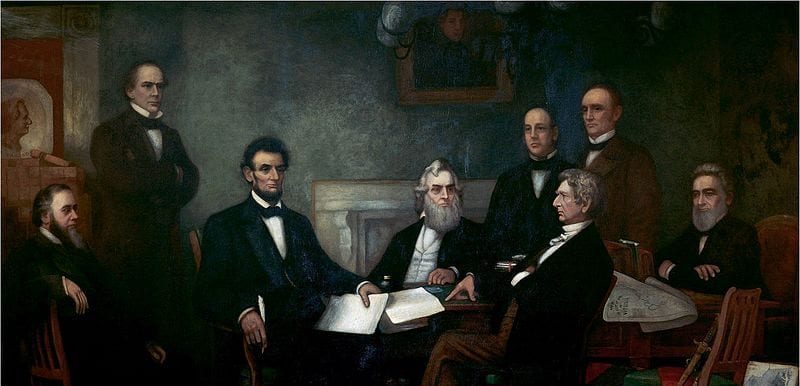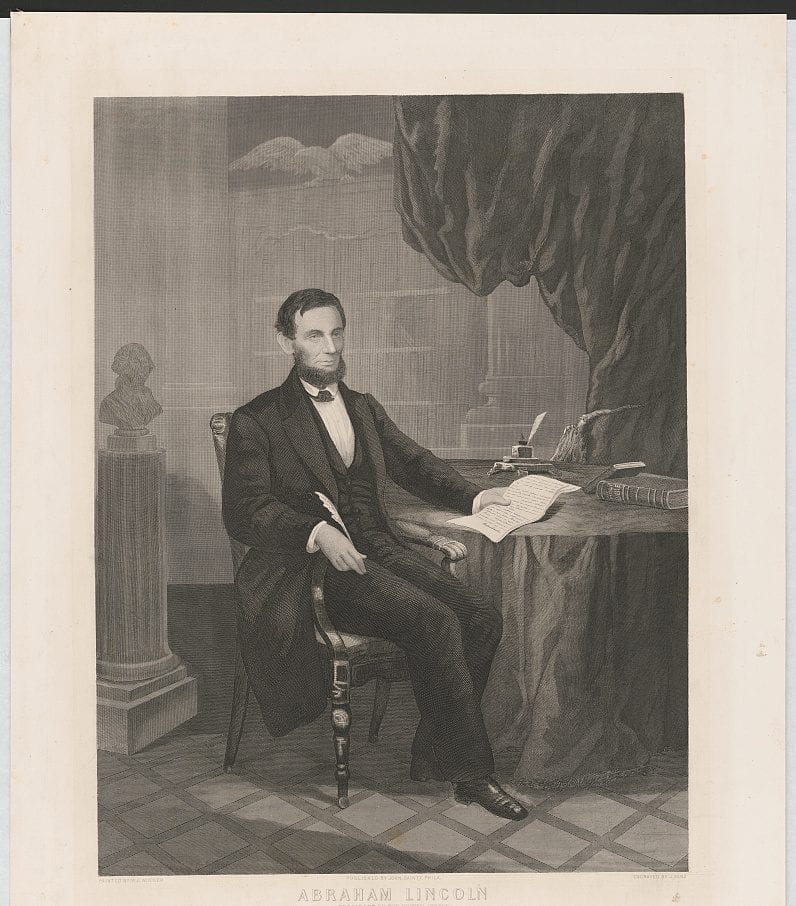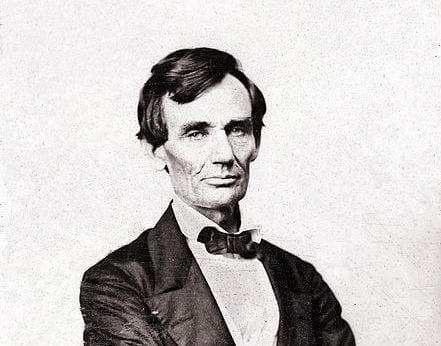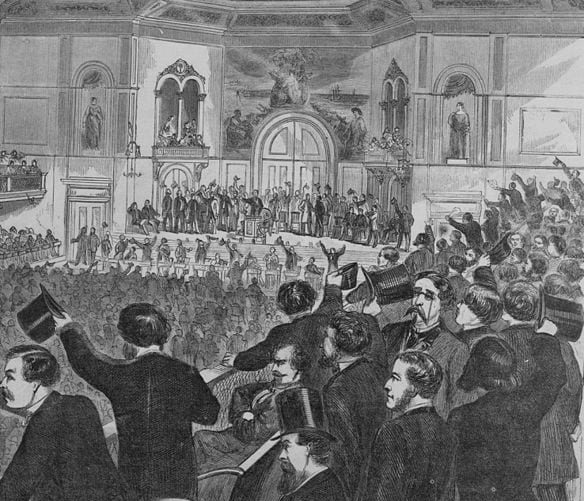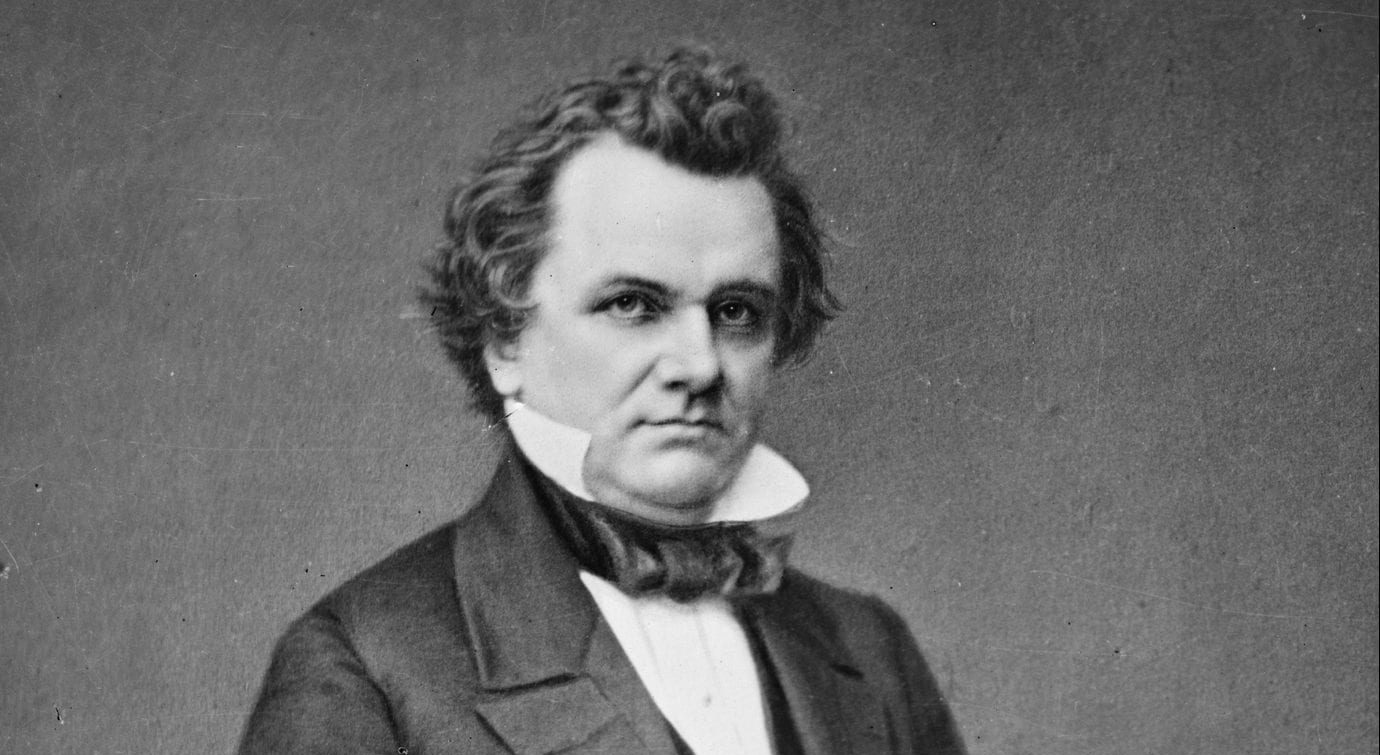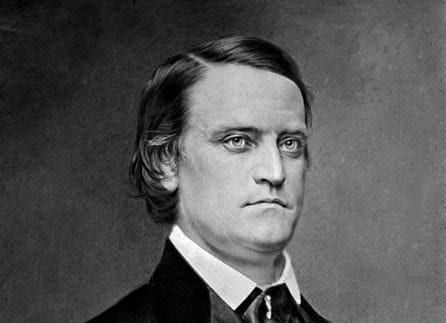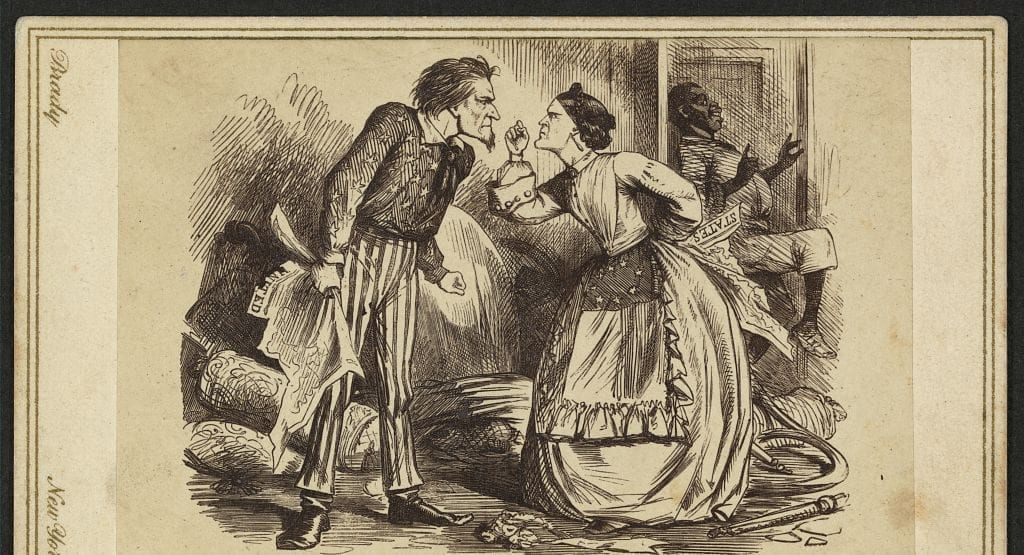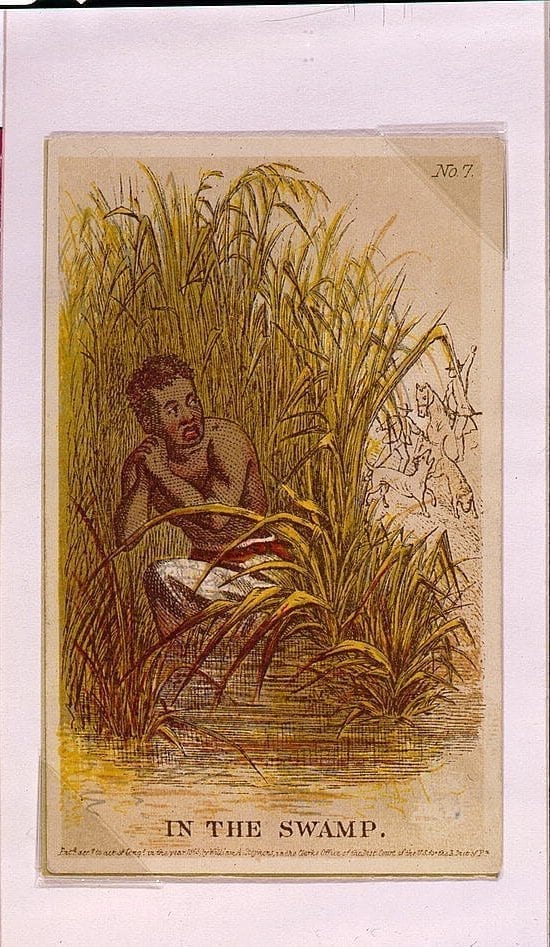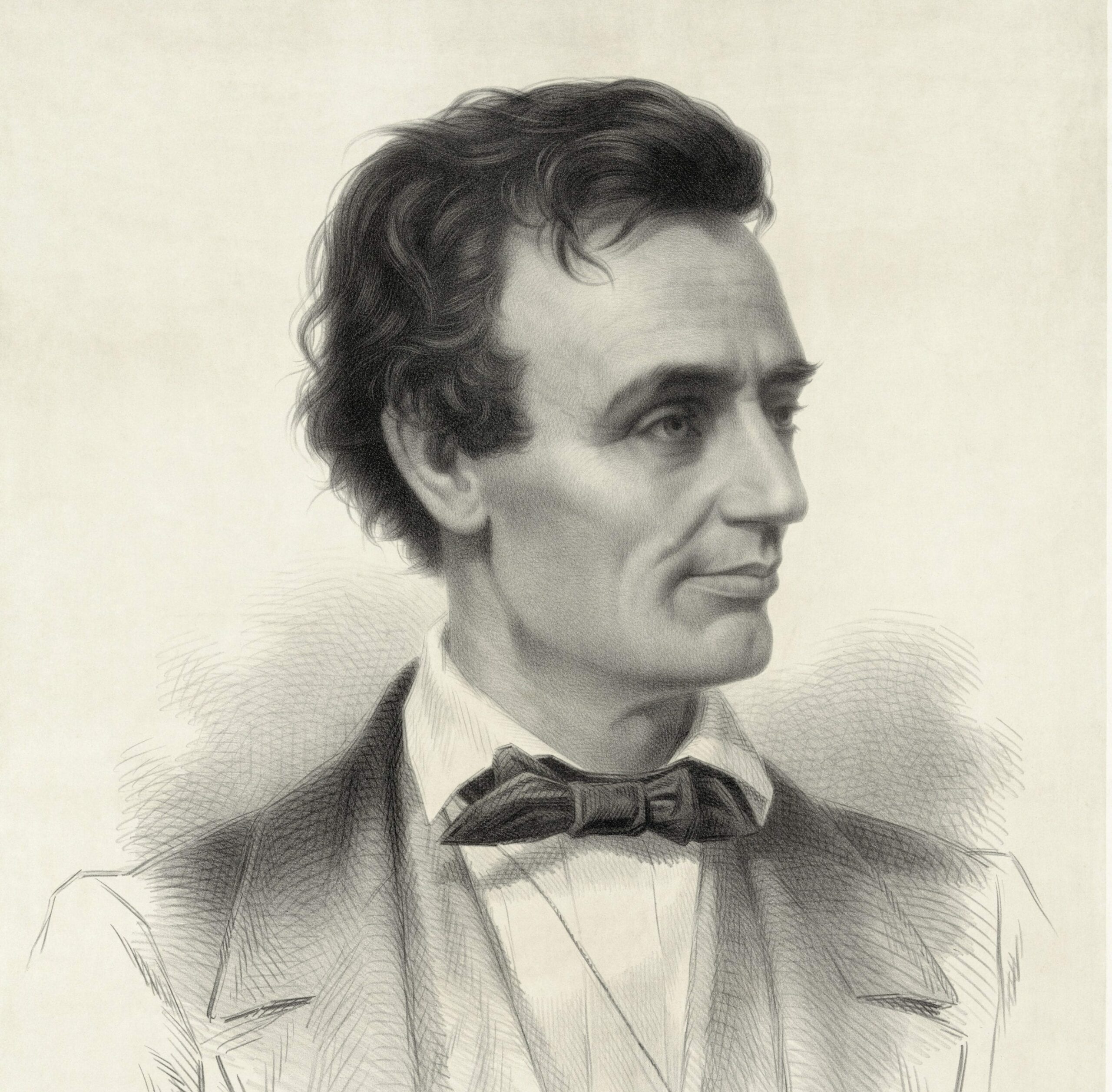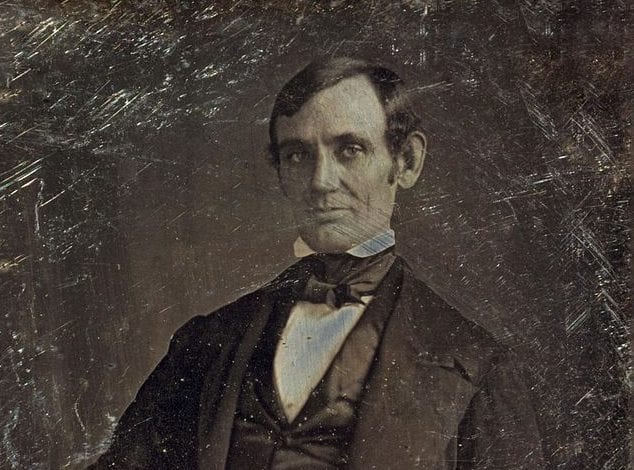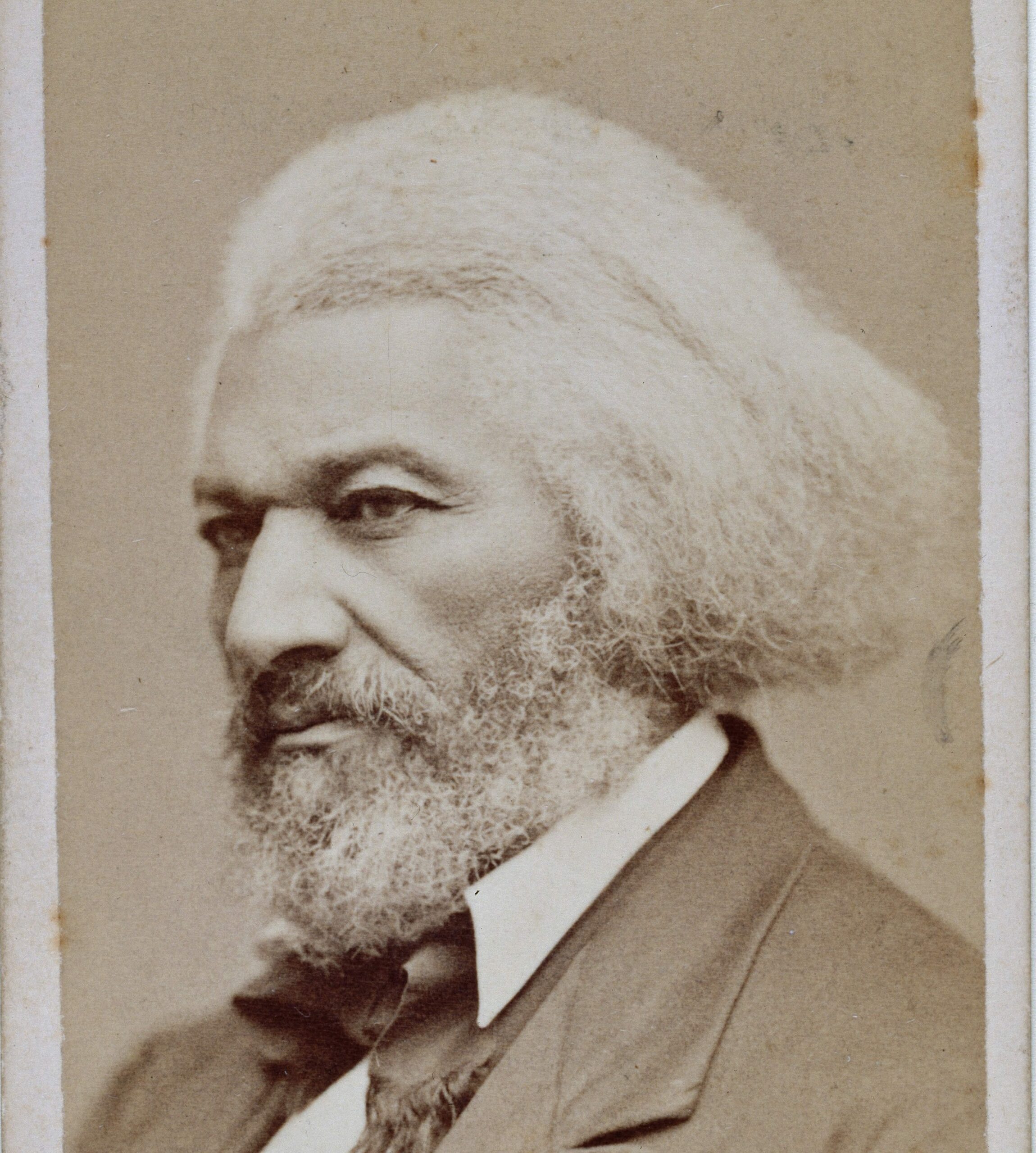
No study questions
No related resources
Esteemed friend Shipley:
Not having been in Boston at the time your welcome epistle was received, some days elapsed before I saw it, which will account in some measure for my silence. Although the mercury ranges several degrees below zero to-day, in this village, yet the warmth of my esteem and the ardor of my gratitude enable me to send you a few lines in the shape of a reply. Be assured that I am deeply affected in view of the sympathy and regard which some of my beloved friends in Philadelphia have recently manifested for me, especially on account of my ill treatment by an infuriated mob, a few weeks since. Among their names I was truly gratified to see that of Thomas Shipley, whose labors in the cause of bleeding humanity have been so indefatigable, so disinterested, and, in a multitude of cases so abundantly successful. I am young in the service you are old; and if, since our acquaintance happily commenced, we have not always seen precisely alike as to the best mod of advancing the sacred cause of liberty, yet our principles have run pari passu, and our hearts beat spontaneously together. It is cheering to see that the unsophisticated disciples of Christ, and the true friends of emancipation, are beginning to see and feel and act alike, as it respects both principles and measures. They would have coalesced much earlier, had the same horrible developments of the southern and northern sentiments, which now affright them by their enormity, been made at an earlier period. Now that it is proclaimed, from the high places of power, that “domestic slavery is the cornerstone of our republican edifice”;1 now that the punishment of death is denounced against those who shall plead for emancipation, whether immediate or ultimate; now that the “self evident truths” of the Declaration of Independence are religiouslydeclared to be mere “rhetorical flourishes”; now that Churches, and Presbyteries and Synods, are impiously voting that slavery is divinely sanctioned, and may properly be perpetuated; now that no man, however venerable in years, or high in station, or estimable in character, can openly plead the cause of more than two millions of stolen men, women, and children, without injury and peril; now that lawful and benevolent meetings are systematically broken up, or suppressed, by mobs headed by “respectable” and “honorable” men; now that guiltless citizens are seized ruthlessly, and with perfect impunity tarred and feathered, or beaten with stripes, or driven away by force, or suspended upon gibbets, and that a tempting price is put upon the head of others; and, finally, now that there is a loud clamor for the passage of laws that shall deprive us of the liberty of speech and the liberty of the press: I say, now that this is the state of the controversy, and this the condition of our country, and this the direful alternative that is presented to us, hereafter all “good men and true,” all who fear God and hate covetousness, and all who love their country and their kind, will rally under a common standard, adopt common measures, and cherish common principles. As in the days of the early Christians, when fiercely proscribed and hunted, they became united in a common bond, as one man, because it was a common cause, and stopped their useless discussions about the eucharist, baptism, and outward forms and ceremonies; so now, we may no longer dwell upon minor points in combating slavery, but are called by the exigencies of the times and the new aspect of the warfare to unite in one vast, unbroken phalanx, and settle the point without delay, whether God or Belial, Liberty of Slavery, Right or Wrong, Order or Anarchy, Life or Death, is to reign in Andover this nation. Who will not, at such a crisis, and in so glorious a strife, come with swift alacrity to the help of the Lord, and of outraged humanity, against the mighty? We must crucify all our sectarian prejudices, and all our local and political jealousies, and combat right valiantly for God and Truth, counting not our characters, or property, or lives dear unto us: so shall we be conquerors, and more than conquerors, through Him who hath loved us, and given himself for us, for through Christ strengthening us we can do all things, even to the extermination of American slavery and prejudice!
I join with you in high commendation of the speech of Gerrit Smith before the Convention of Peterboro.2 It will be preserved and read when marble monuments are crumbling into dust. It is the rich, spontaneous, irresistible eloquence of nature and nature is truth. It is the soul, speaking in [“] thoughts that breath, and words that burn.”3 It is impalpable, deathless spirit which our enemies are so insanely endeavoring to degrade and murder. As rationally might they attempt to stab, or brickbat, or tar-and-feather, or abduct the atmosphere!
Most cordially, too, do I agree with you in your views respecting the duty of procuring an amendment to our national Constitution of that part of it which is wet with human blood, which requires the free States to send back into bondage those who escape from the lash and the chain. It makes us as a people, and as a State, the abettors of human degradation and soul-murder; and shall we not, if possible, by a constitutional process, blot out that bloody stain? The course of events during the present session of Congress will undoubtedly indicate what steps we may wisely take upon this subject. I like your suggestion, respecting the propriety of holding quarterly meetings of the Managers of the Parent Society, and will allude to it in the Liberator. It is quite refreshing to see friend Lundy and the Genius of Universal Emancipation again in the field together.4 They are bullet-proof. Thou murderer Lynch, avaunt!
I am much obliged to friend for his donation and also to you for your kind offer of hospitality to me and my dear wife. Both of us send affectionate greetings to you and your spouse and family.
Your much obliged friend,
Wm. Lloyd Garrison
N.B. I know not whether you intended the expression of sympathy of my Philadelphia friends, for publication in the Liberator. If not, do not blame me, as I was absent from the city, and did not see it until it appeared in print.
Rev. Dr. Channing has just published a sort of Ismaelitish work on slavery. He modestly asks us to give up our watchword “Immediate Emancipation,” to disband our societies, and to keep our publications away from the slaveholders! His book is an 18Mo.5 of contradictions and contains some unmerited defamation of abolitionists, although he confesses he has never attended one of their meetings nor heard one of their addresses! However, there are many eloquent and powerful passages in it.
Please give my most respectful and affectionate remembrances to my friends A.L. Pennock and family, James Mott and family, Dr. Parrish and family, Arnold Buffum and family, &c. &c. Also to Drs. Atlee, both young and old, with their families, and to Benjamin Lundy, whom I hope to see many times in the flesh.6
Garrison quotes from Governor George McDuffie’s message to the legislature of South Carolina, which is reprinted in The Liberator, December 12, 1835. Return to text
In the speech Smith aligned himself with the cause of antislavery and immediate emancipation. The speech is reprinted in The Liberator, November 14, 1835. Return to text
Thomas Gray, Progress of Poesy, line 108. Return to text
Garrison reported in The Liberator, December 19, 1835, that Lundy “is once more at his editorial post, as racy, bold and eloquent as ever.” Lundy continued editing the paper until his death in 1839. Return to text
Octodecimo. Return to text
Dr. Joseph Parrish (1779-1840), a physician involved in various medical charities and for many years on the staff of the Philadelphia Almshouse, had been president of the Pennsylvania Society for Promoting the Abolition of Slavery. Dr. E.P. Atlee has been identified previously; old Dr. Atlee is presumably his father. Return to text
A Plea for the West
December 31, 1835
Conversation-based seminars for collegial PD, one-day and multi-day seminars, graduate credit seminars (MA degree), online and in-person.














